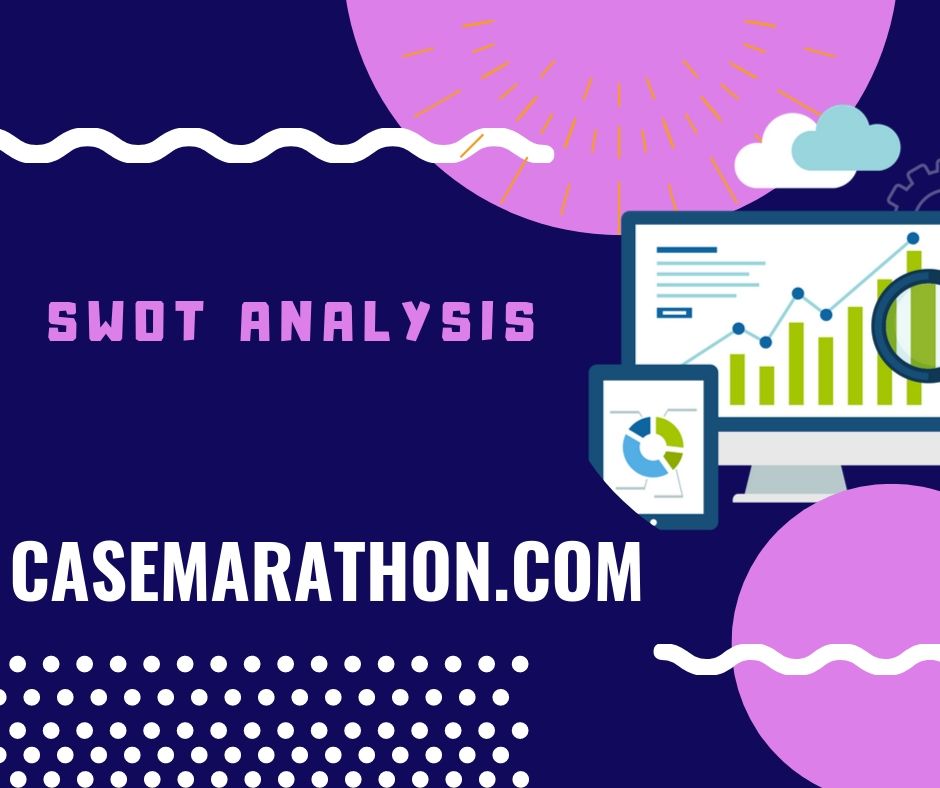The internal analysis and external of the business likewise can be done through SWOT Analysis, summarized in the Exhibition F.
Strengths
• Using Simulated Experience To Make Sense Of Big Data has an experience of about 140 years, enabling business to much better perform, in numerous circumstances.
• Nestlé's has existence in about 86 countries, making it an international leader in Food and Beverage Market.
• Using Simulated Experience To Make Sense Of Big Data has more than 2000 brands, which increase the circle of its target customers. Famous brands of Using Simulated Experience To Make Sense Of Big Data consist of; Maggi, Kit-Kat, Nescafe, etc.
• Using Simulated Experience To Make Sense Of Big Data has large big of spending costs R&D as compare to its competitors, making the company to launch introduce innovative ingenious nutritious healthy.
• After embracing its NHW Technique, the business has actually done large amount of mergers and acquisitions which increase the sales development and improve market position of Using Simulated Experience To Make Sense Of Big Data.
• Using Simulated Experience To Make Sense Of Big Data is a popular brand name with high consumer's loyalty and brand recall. This brand commitment of customers increases the opportunities of simple market adoption of different new brands of Using Simulated Experience To Make Sense Of Big Data.
Weaknesses
• Acquisitions of those company, like; Kraft frozen Pizza organisation can provide an unfavorable signal to Using Simulated Experience To Make Sense Of Big Data clients about their compromise over their core proficiency of healthier foods.
• The development I sales as compare to the company's financial investment in NHW Strategy are quite different. It will take long to change the understanding of people ab out Using Simulated Experience To Make Sense Of Big Data as a company selling healthy and nutritious items.
Opportunities
• Introducing more health associated products enables the business to record the marketplace in which customers are rather conscious about health.
• Developing countries like India and China has biggest markets worldwide. For this reason broadening the marketplace towards establishing nations can enhance the Using Simulated Experience To Make Sense Of Big Data company by increasing sales volume.
• Continue acquisitions and joint endeavors increases the marketplace share of the company.
• Increased relationships with schools, hotel chains, dining establishments and so on can also increase the number of Using Simulated Experience To Make Sense Of Big Data consumers. For example, instructors can advise their trainees to buy Using Simulated Experience To Make Sense Of Big Data products.
Threats
• Economic instability in nations, which are the prospective markets for Using Simulated Experience To Make Sense Of Big Data, can develop numerous issues for Using Simulated Experience To Make Sense Of Big Data.
• Shifting of items from normal to much healthier, results in additional expenses and can cause decline business's profit margins.
• As Using Simulated Experience To Make Sense Of Big Data has a complex supply chain, therefore failure of any of the level of supply chain can lead the company to face particular problems.
Exhibit F: SWOT Analysis

